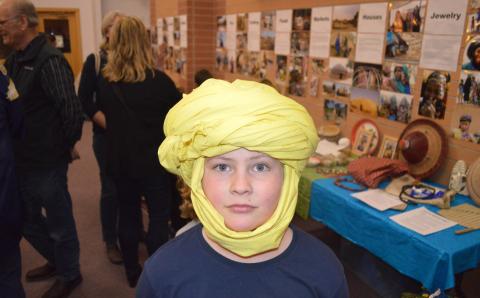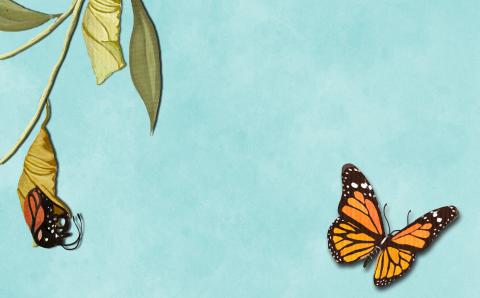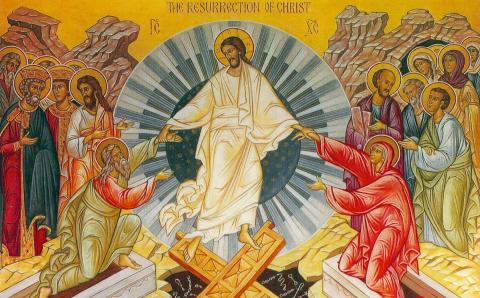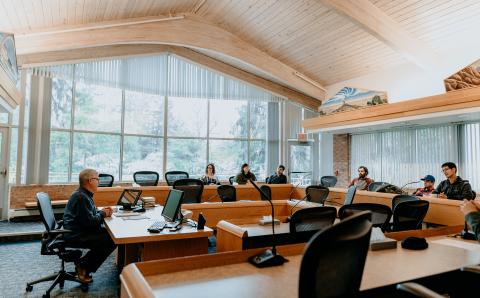Meet Jill. She’s a dedicated Christian with a gift for organization who loves service projects. She’s planning a mission trip, and a friend suggests buying matching T-shirts for everyone. Jill finds some inexpensive shirts online, picks a bright color, and adds a snazzy logo. She and the team wear the shirts on the trip; everyone loves them. A few weeks later, Jill’s shirt is in the back of her closet. The next time she prunes her wardrobe, she tosses it in a pile to be donated to a thrift shop.
But here’s what Jill doesn’t see.
That shirt is made of conventional cotton. This cotton comes from India, where poor farmers are under intense pressure to produce more crops for less money. In 15 years, over a quarter of a million workers on Indian cotton farms have committed suicide. Additionally, conventional cotton needs a lot of fresh water. Growing the cotton needed for just one shirt can take 2,700 liters of water—about two and a half years’ worth of drinking water for one person. And that’s only the cotton. Next, the fabric is spun and colored. Textile dyeing is the second-largest polluter of clean water worldwide. And then there’s the sewing. Garment factories are notorious for human rights abuses, including forced overtime, unsafe conditions, and child labor.
After the shirt is donated, it might not get used by a needy person as Jill intended. Thrift stores receive more donations than they can handle, and garments with obscure logos are undesirable. Instead Jill’s shirt gets sent to Africa. The surplus of North American garments resold (or dumped) in developing countries drives down the value of clothing, making it difficult for local markets to succeed. Uganda, Kenya, Rwanda, and Tanzania have all made efforts in the past five years to impede the import of used clothing because it’s harmful to economic development and the environment. Eventually Jill’s shirt ends up in a landfill, where it emits methane into the atmosphere.
In spite of Jill’s good intentions, her shirt ended up doing harm. Unfortunately, it’s nearly impossible to live in our society without participating in systems that exploit other people and the planet. But that doesn’t mean we can’t try. The Bible repeatedly calls us to seek justice for people who are poor and oppressed and to honor creation. We can begin by identifying oppression and minimizing our involvement in it.
If we really want matching items for our church group, we can thrift shirts of the same color or find a fair-trade company that uses organic cotton that needs much less water. We might choose shirts made from a sustainable fabric like hemp or bamboo. It will take more time and money, but kingdom building was never going to be fast or cheap. Stewardship doesn’t mean saving money; it means using money purposefully. It means making a better choice.
About the Author
Janice Vis-Gitzel is a graduate student at the University of Alberta. She is involved in campus ministry and is a teaching assistant in classes exploring theology and popular culture. Previously she was administrative assistant at First Christian Reformed Church in Red Deer, Alta.








